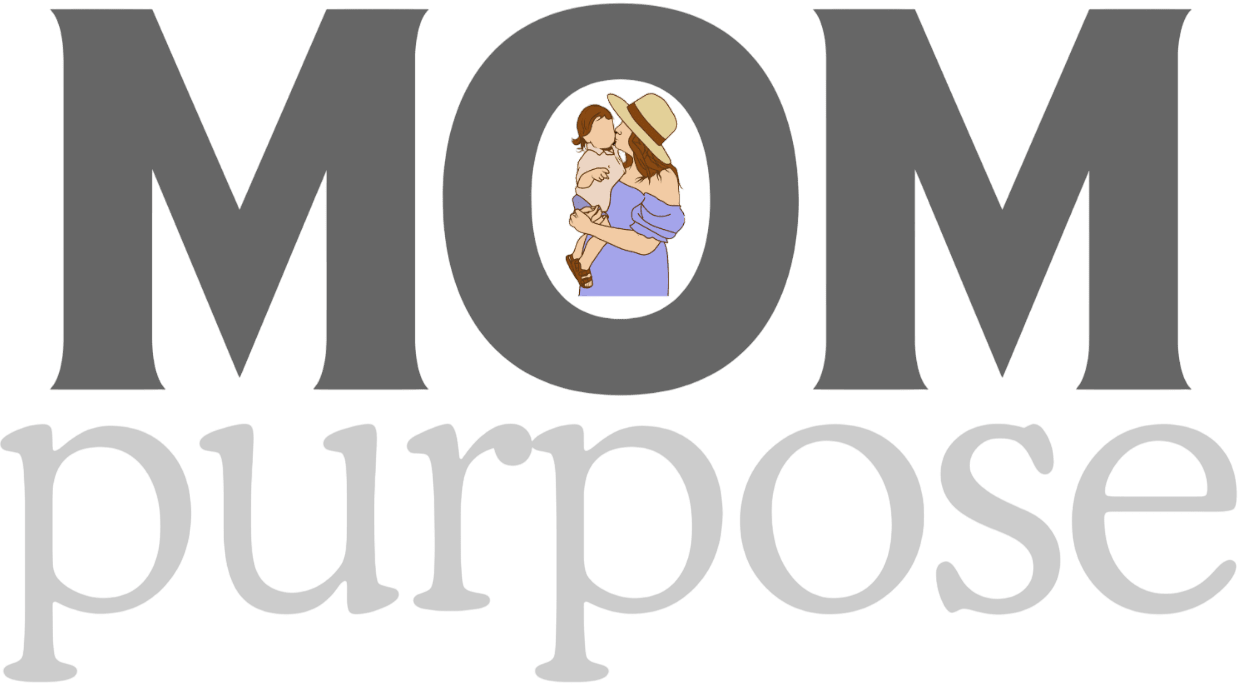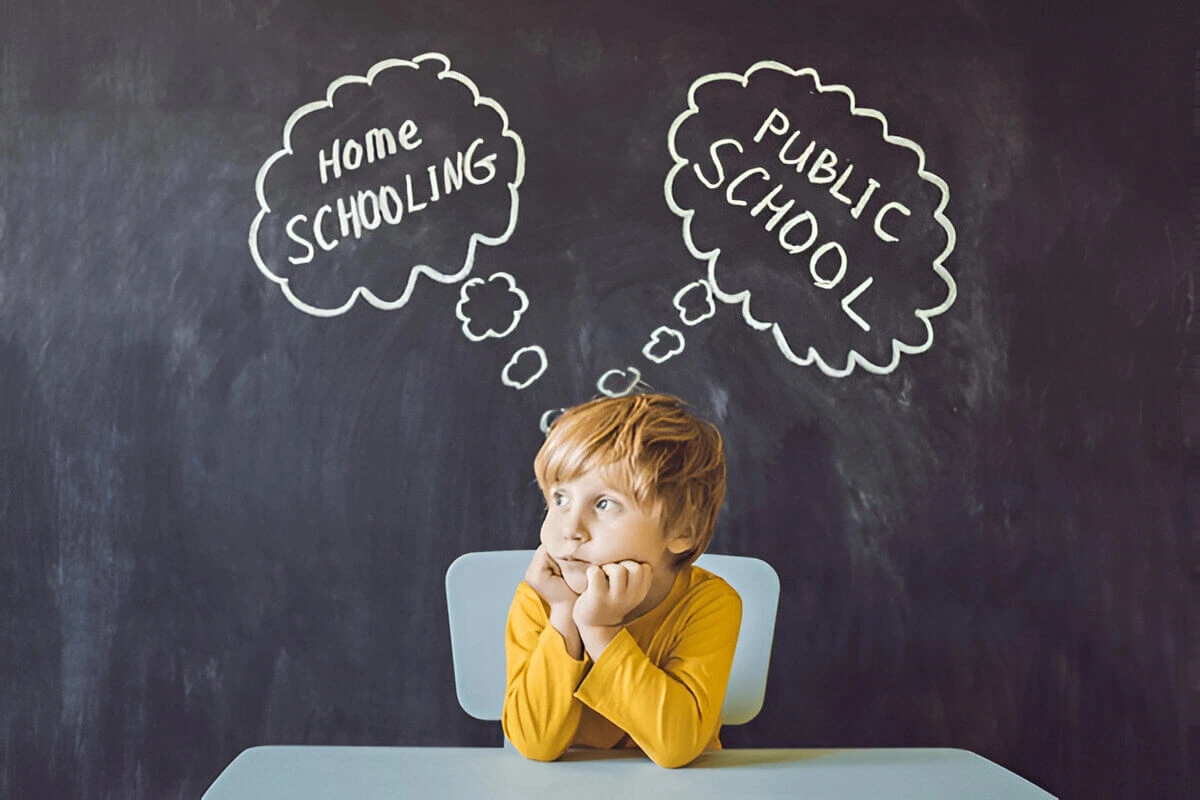Homeschool vs Public School
As a parent, choosing the right educational path for your child is one of the most important decisions you’ll ever make. Whether you’re considering the personalized, flexible approach of homeschooling or the structured, socialized environment of public school, you want to make sure you’re giving your child the best opportunity to succeed in life. In 2025, the debate between homeschool vs public school has become even more relevant as the educational landscape continues to evolve. With new technologies, shifting educational standards, and growing concerns about mental health, your decision can have a lasting impact on your child’s future.
In this article, we’ll break down the key factors to consider when choosing between homeschooling and public schooling. We’ll compare the pros and cons, explore how each system can meet your child’s unique needs, and help you decide which path is right for your family in 2025.
Table of Contents
Understanding Homeschooling and Public Schooling in 2025
Before diving into the differences between homeschool vs public school, it’s important to understand what each option entails in today’s world.
What is Homeschooling?
Homeschooling is when parents or tutors take on the role of educators, creating a personalized learning experience at home. Unlike public schools, which follow a set curriculum and schedule, homeschooling allows you to choose what, when, and how your child learns.
In 2025, homeschooling has become more organized and accessible. Technology allows parents to access online resources, courses, and interactive tools that were once unavailable. Many families join homeschooling co-ops or networks, where groups of homeschoolers come together for shared classes, activities, and socialization opportunities.
Benefits of Homeschooling
- Flexibility: You can set your child’s learning pace and schedule, whether that means a shorter school day, more time for a specific subject, or extended breaks.
- Personalized Learning: Homeschooling allows you to tailor your curriculum to your child’s interests, strengths, and weaknesses. You can even switch things up if your child’s learning style changes.
- Stronger Family Bonds: Homeschooling can foster closer relationships between parents and children because you’re spending more time together, learning and growing.
Challenges of Homeschooling
- Time Commitment: Homeschooling requires a significant time investment from parents. You’ll need to plan lessons, grade work, and supervise your child’s daily activities.
- Lack of Socialization: One of the most common concerns about homeschooling is the lack of daily peer interaction. However, many homeschooling families make an effort to join co-ops, attend extracurricular activities, or participate in local events to ensure their children socialize.
- Limited Resources: While there are plenty of online resources, homeschooling might lack access to specialized programs, facilities, and extracurriculars that public schools offer.
What is Public Schooling?
Public schools, on the other hand, are traditional educational institutions that are funded by the government and follow state-mandated curriculums. In public school systems, children interact with peers daily, and the learning experience is structured and standardized.
In 2025, public schools have embraced technology, often incorporating online learning, digital assignments, and hybrid learning models that blend in-person and virtual classrooms. Public schools also offer a variety of extracurricular activities, including sports teams, arts programs, and after-school clubs.
Benefits of Public Schooling
- Structured Learning: Public schools follow a clear and standardized curriculum, making it easier to ensure that your child is meeting grade-level expectations.
- Socialization: Your child will interact with a diverse group of peers, learning how to collaborate, communicate, and build relationships in a group setting.
- Specialized Programs and Resources: Public schools offer resources like special education programs, gifted and talented classes, counselors, and extracurricular activities, providing a well-rounded education.
Challenges of Public Schooling
- Less Flexibility: Public schools follow strict schedules and curriculums, which may not accommodate your child’s learning pace or interests.
- Larger Class Sizes: Public schools can have large class sizes, which means less individual attention for each student. Some children may struggle to keep up or feel lost in a crowded classroom.
- One-Size-Fits-All Approach: While public schools try to cater to different learning styles, the system is not always flexible enough to meet every child’s needs.
Key Differences Between Homeschool vs Public School

Now that we’ve covered the basics, let’s take a deeper dive into how homeschooling and public schooling differ in several key areas.
1. Flexibility and Curriculum Customization
One of the biggest advantages of homeschooling is the flexibility it offers. You’re in control of what your child learns and when they learn it. This is especially beneficial if your child has a unique learning style, or if they need extra help in a specific subject.
- Homeschooling: You can modify the curriculum to suit your child’s needs. If they’re struggling with math, you can spend more time on that subject. If they excel in a particular area, you can move ahead faster.
- Public Schooling: Public schools follow a standardized curriculum set by the state. While there are options for advanced or remedial programs, the general curriculum is not customizable.
2. Socialization and Peer Interaction
Socialization is one of the most frequently discussed topics when it comes to homeschool vs public school. Public schools offer daily opportunities for children to interact with peers, make friends, and learn important social skills.
- Homeschooling: Although homeschooling lacks daily peer interaction, it doesn’t mean that homeschoolers are socially isolated. Many homeschooling families participate in co-ops, extracurricular activities, and community events to provide social opportunities for their children.
- Public Schooling: Your child will have plenty of opportunities to develop social skills, participate in group activities, and make friends. However, large class sizes and peer pressure can sometimes make it harder for children to develop meaningful relationships.
3. Academic Performance and Learning Styles
Another key difference between homeschool vs public school is how each system supports academic growth.
- Homeschooling: With homeschooling, you can adapt the learning pace to your child’s needs, which can be especially helpful for children who are either advanced or need extra help in certain areas. You can also incorporate a variety of teaching methods that align with your child’s learning style (visual, auditory, kinesthetic, etc.).
- Public Schooling: Public schools use a one-size-fits-all approach, which can be challenging for students who don’t fit into the standard model. However, public schools do offer specialized programs for gifted students, and students with learning disabilities or other needs can benefit from the support of experienced teachers and counselors.
4. Extracurricular Activities and Resources
Public schools generally have a clear advantage when it comes to extracurricular activities and access to resources.
- Homeschooling: While homeschoolers may have fewer organized extracurricular activities, many families make use of community sports leagues, music classes, and other local opportunities. Additionally, homeschoolers have the flexibility to participate in activities during off-peak hours, which can provide unique advantages.
- Public Schooling: Public schools offer a wide range of extracurricular activities, including sports teams, arts programs, school clubs, and volunteer opportunities. These activities provide valuable life skills, including teamwork, leadership, and time management.
How to Choose the Right Option for Your Child in 2025

Choosing between homeschool vs public school is a deeply personal decision that depends on various factors. Here are a few things to consider when deciding which educational path is best for your child:
1. Assess Your Child’s Learning Needs
Does your child struggle with one subject or excel in another? Is your child better suited to a structured environment, or do they need more flexibility? By assessing your child’s learning style, you’ll be able to determine whether a customized homeschooling experience or the structured environment of a public school is the better fit.
2. Evaluate Your Family’s Resources
Homeschooling requires a significant time investment from parents. Are you able to dedicate the time necessary to teach and supervise your child’s education? If you’re working full-time or have other commitments, public school may be the better option.
3. Financial Considerations
Homeschooling can be an expensive option, with costs for materials, curriculum, and extracurricular activities. Public schools are free, but there may be costs for supplies, field trips, and after-school programs.
4. Long-Term Outcomes
Consider how each option will impact your child’s future. Homeschooled students often perform well on standardized tests and may be accepted into colleges without issue. Public school students benefit from a structured path to college readiness and have access to resources like counselors and advanced placement (AP) courses.
Conclusion: The Right Choice for Your Family in 2025
Ultimately, the choice between homeschool vs public school depends on your child’s needs, your family’s resources, and your long-term goals. Both options offer unique advantages and challenges, but with careful consideration, you can make an informed decision that will help your child thrive academically, socially, and emotionally.
Take the time to weigh the pros and cons, and don’t be afraid to explore a hybrid approach that combines the best of both worlds. Whatever you choose, remember that the most important factor is ensuring your child feels supported, challenged, and excited about their educational journey.
FAQs: Homeschool vs Public School
Choosing between homeschool vs public school is a big decision, and it’s natural to have a lot of questions. Here are some common, more general queries that can help clarify the key differences between the two options.
Which option is better for children with special needs?
Both homeschooling and public schooling have their advantages when it comes to supporting children with special needs. Homeschooling offers flexibility to tailor learning to your child’s pace and needs, allowing for individualized support. On the other hand, public schools provide professional services and structured support systems, including special education programs and qualified teachers who are trained to meet diverse learning needs. Your choice will depend on how your child best thrives—whether in a more personalized, at-home environment or within a system that provides formal support structures.
Can homeschoolers take part in public school activities?
It varies by location, but in many cases, homeschooled children can participate in public school extracurricular activities such as sports, clubs, or music programs. However, not all districts allow this, and if they do, there may be restrictions on eligibility or additional requirements. If this is an important factor for you, it’s worth checking with local school policies to understand what opportunities are available.
How do homeschoolers perform on standardized tests compared to public school students?
In general, homeschooled students often perform just as well, if not better, than public school students on standardized tests. This is likely due to the one-on-one attention and ability to focus on individual learning styles in a homeschool setting. However, public schools also have resources and support systems that can help prepare students for these exams. Performance can vary based on factors like teaching quality, curriculum choice, and individual student needs.
What are the legal requirements for homeschooling?
Homeschooling is legal in all 50 states, but each state has its own set of regulations. These can include submitting an intent to homeschool, providing regular progress reports, or ensuring the curriculum meets certain standards. It’s important to familiarize yourself with your state’s specific homeschooling laws to ensure you’re meeting all requirements.
Does homeschooling lead to social isolation?
While homeschooling doesn’t offer the same daily social interactions as public school, it doesn’t necessarily lead to isolation. Many homeschooling families engage in social activities through co-ops, extracurriculars, or community groups. These opportunities allow children to interact with peers and develop social skills in a more flexible, often less pressured environment than in traditional schools.
Can homeschooling or public schooling prepare my child for college?
Both homeschooling and public schooling can lead to successful college admissions. Homeschooled students often have a unique application process, requiring additional documentation like transcripts or portfolios. Public school students benefit from a more standardized path to college, with access to college prep programs and guidance counselors. Ultimately, your child’s preparation for college depends more on their academic focus and personal drive than the specific schooling method.
Is part-time homeschooling an option?
Some families opt for part-time homeschooling, where children attend public school for certain subjects or activities while being homeschooled for others. This can offer a balance between the benefits of both systems, such as socializing in a public school setting while enjoying the flexibility of homeschooling for academics. Availability of part-time homeschooling varies by district, so it’s important to inquire about local policies.

